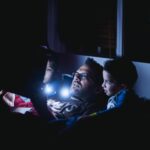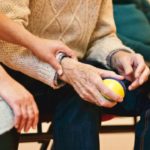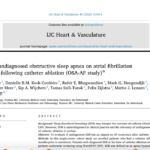Sleep Problems May Raise Your Risk Of Stroke
People who have sleep problems may be more likely to have a stroke, according to a study published online today in Neurology®. Sleep problems included getting too much or too little sleep, taking long naps, having poor quality sleep, snoring, snorting and sleep apnea. In addition, those who had five or more of these symptoms…











